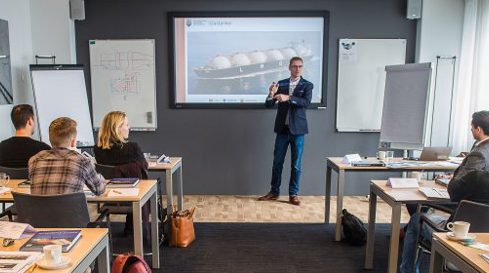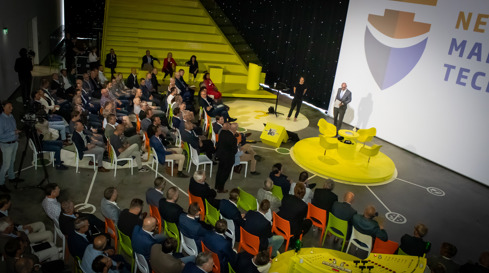Maritime & Offshore NL
Verbindt, versterkt en vertegenwoordigt de maritieme en offshore maakindustrie van Nederland.



Agenda

Training Maritiem Projectmanagement
Professionaliseer jouw projectmanagementvaardigheden met deze praktische maritieme training. De nadruk ligt op het opzetten, inrichten en beheersen van maritieme projecten. We organiseren deze training samen met NIMO Project Management Instituut.
Conference: building the ships of the future
Don't miss this two-day Conference at TKMS AG & Co. in Kiel, Germany: 'Building the ships of the future: circular materials, lightweight design and sustainable shipyard processes'. Get the insights and stay informed, because the maritime industry is undergoing a profound transformation driven by climate goals, scarcity of resources, and technological innovation.
Training Scheepsbouw voor niet scheepsbouwers
Met deze training verhoog jij je kennisniveau over scheepsbouw. Je leert de hoofdlijnen van het scheepsbouwproces en scheepsbouwtermen.
Actueel nieuws

CO₂-tanks geïnstalleerd op Carbon Destroyer 1

Concordia Damen pleit voor reddingsplan kleinere binnenvaart door nieuwbouw van kleine schepen en een impuls voor elektrisch varen

Fugro supports Mubadala Energy’s deepwater gas development offshore North Sumatra

Internetconsultatie tijdelijke subsidieregeling Elektrisch varen zeehavens

Young Maritime & Offshore NL: new name, same vision, new contact details




